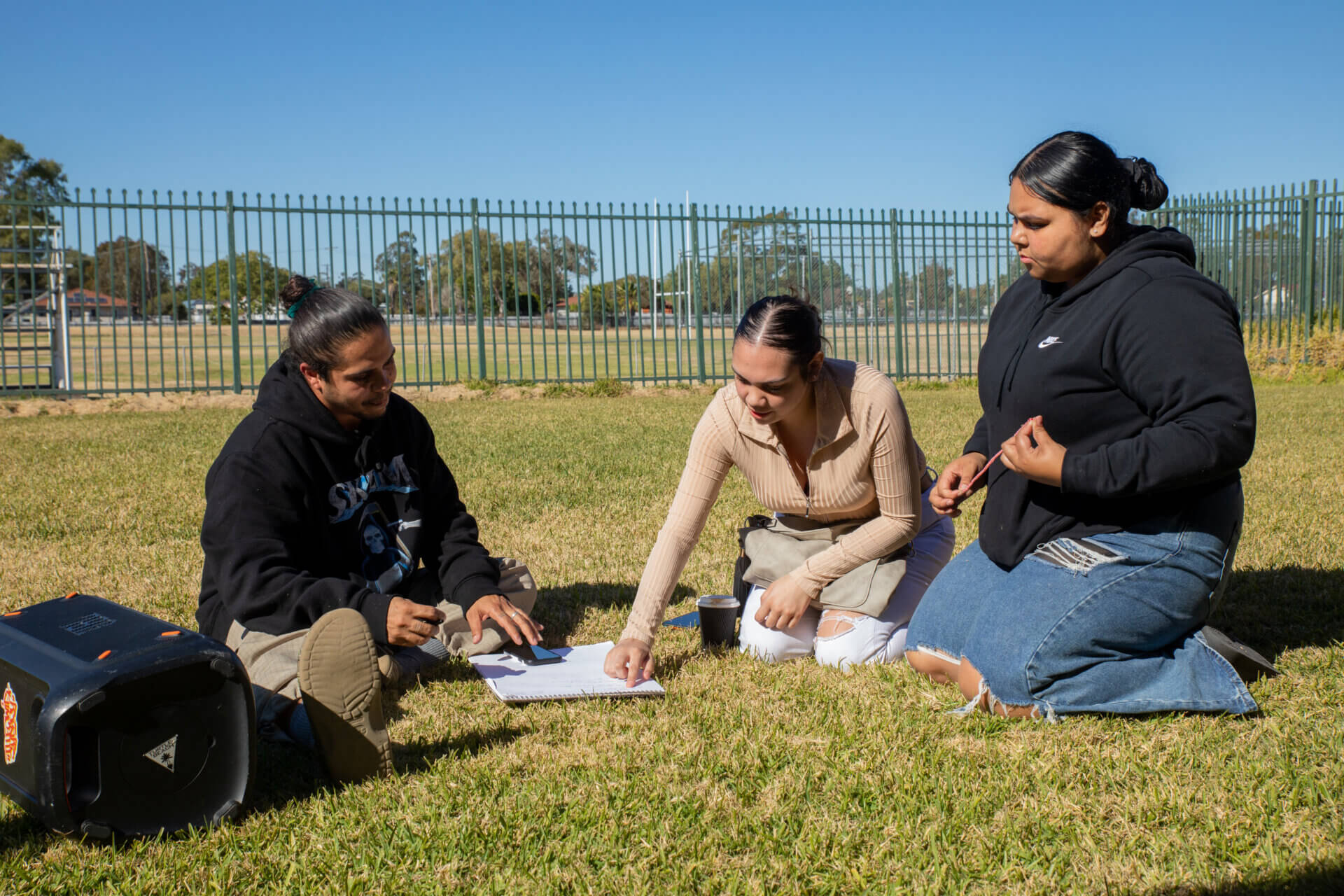JR NSW urges Commonwealth Government to invest more in JR to prevent youth crime, prioritise basic human services delivery, wraparound diversionary services and centre Aboriginal voices

In a submission to the Senate Inquiry into Australia’s youth justice and incarceration system last month, Just Reinvest NSW (JR NSW) urged the Commonwealth Government to further support justice reinvestment as a process for improving the effectiveness of, reducing the cost of, and correcting the harms caused by Australia’s youth justice and incarceration system.
Justice reinvestment offers a powerful solution to the challenge of addressing youth crime. Firstly, it prioritises local solutions, which is the core tenet of federalism. Secondly, it frees governments of the usual constraint that comes with funding innovative, community solutions: funding a new program usually requires either cutting existing spending or raising new revenue. However, justice reinvestment frees up existing resources to be reallocated toward preventing crime rather than the costly task of attempting to redress its harms.
Australia’s current youth justice and incarceration system traps children and young people in intergenerational cycles of crime, incarceration and recidivism. The system is particularly problematic for Aboriginal and Torres Strait Islander young people, who are radically overrepresented in out-of-home-care, interactions with police and courts, and youth detention.
The scientific evidence is clear: the younger a child is when they first have contact with these
Australia’s youth justice and incarceration systems, the more likely they are to be trapped in them. This cycle perpetuates the dismantling of Aboriginal community structures that prevent youth crime. And all the while, the cost to the tax payer is increasing, without delivering better outcomes.
Recommendations
JR NSW urges the Commonwealth Government to:
- Further invest in and support justice reinvestment as a preventative solution to youth
crime. - Approach the question of youth justice from a truly preventative perspective.
Breakdowns in community safety should be understood as a symptom of more
“upstream” challenges, while interventions by the police and the criminal justice system
are necessarily too late – the harm has already occurred. - Centre its policy solutions on the effective delivery of basic human services, such as
education, health, and housing, and on the use of wraparound and diversionary services
where breakdowns occur – before seeking to increase resourcing for and the use of
police and the criminal justice system. - Demonstrate leadership to other jurisdictions by championing community-led and
place-based solutions to improve community safety, with a particular emphasis on
listening to Aboriginal community leaders and centring Aboriginal voices. - Raise the age of criminal responsibility, in the federal jurisdiction, from 10 to at least 14
without exception.
To read JR NSW’s submission.
Leave a Reply